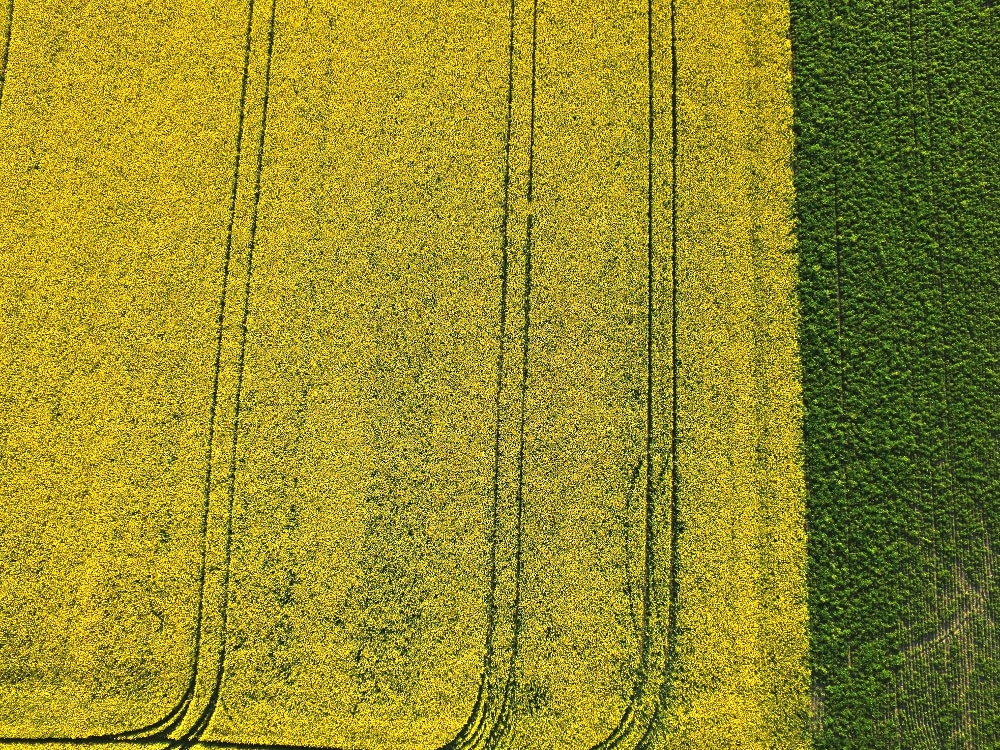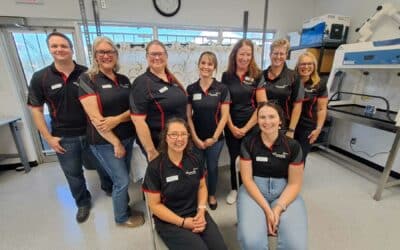Clubroot and soybean cyst nematode are soil borne pests that can have devastating effects on their respective host crops. Currently, there are no economical control measures available to remove the clubroot pathogen Plasmodiophora brassicae, or the parasite soybean cyst nematode (Heterodera glycines) from a field once it has been infected.
Early and effective management strategies are key to dealing with any pests, let alone ones that are difficult to control and remove. Therefore, testing is of the utmost importance with these pests; if you know you have it, you can implement effective management strategies to deal with it.
Those of us in the Prairie provinces are no stranger to clubroot and its devastating effects. Management of clubroot infested fields through minimizing the risk of soil movement, proper sanitization, scouting and record keeping, controlling host weeds and volunteer canola, utilizing clubroot-resistant cultivars, practicing effective crop rotation, and using patch management techniques for infested areas are the most effective methods of controlling this disease.
Testing fields and knowing where the risk of clubroot infestation may occur is essential for good management practices.
What makes the clubroot pathogen so difficult to control is its hearty resting spores. The clubroot pathogen may persist in the soil for up to 20 years once introduced as the resting spores will patiently wait for ideal conditions and the presence of a good host crop before causing disease. Billions of spores can exist in a single gram of soil, and as spore concentration increases so does the risk for disease.
DNA testing for spore presence is crucial for clubroot management as we cannot rely of the presence of visible symptoms. Furthermore, once visual symptoms of clubroot occur, it is often too late to control the effects of the disease within that crop year.
Soybean cyst nematode (SCN) is a microscopic parasitic worm and is considered to be a major pest. Often SCN goes undiagnosed due to few above-ground symptoms and once present in a field, there is no known method to eradicate an SCN population.
SCN is endemic in the United States, but has been mostly confined to Ontario with sporadic reported incidents in Manitoba and Quebec. Increased SCN presence is anticipated based on a substantive increase in soybean acreage using early-maturing soybean varieties.
Analysis of root and soil samples by a diagnostic lab is recommended as the only reliable way to confirm SCN presence and is key in protecting crops from the potential devastating effects the pest may cause.
The good news is, 20/20 Seed Labs can test soil and plant samples for the presence of clubroot and SCN.
- Clubroot testing — We offer both qualitative (presence/absence) and quantitative (range of spores/gram of soil) DNA based testing options. Testing is completed within three business days with the option to rush testing for results by the end of the next business day.
- SCN testing — We are one of the first commercial labs in Canada to offer a DNA-based test to detect SCN in soil and plants. This testing method provides identification of all forms of SCN (including eggs, and dormant forms of the nematode).
Contact me for insights on how best to take samples and send them in. A stitch in time saves nine and testing now is the best way to ensure a smooth 2023 season!
Related Articles
Lime Showing Promise as Way to Control Clubroot in Canola
Clubroot Should be Top of Mind for Every Canola Grower
New Tests for Soybean Cyst Nematode are Crucial to Fighting This Pathogen






